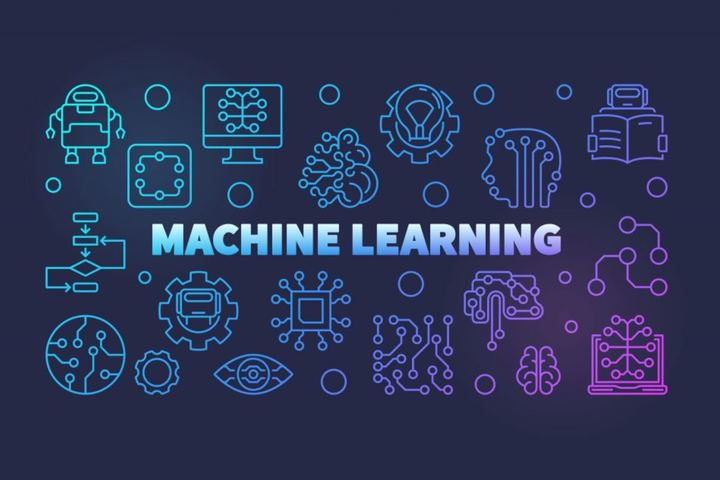A strange thing about buzzwords is that the buzz rarely concurs with the actual industrial implementation. This has not been the case with artificial intelligence. The buzz around is still in full swing and the technology itself is being readily implemented by a wide range of industries.
The best part about AI is that it is not a siloed piece of technology that is used for one or two specific purposes. AI is used for augmenting a wide range of processes and to drive automation. So, if you are getting into a machine learning AI course, it can potentially open up a lot of lucrative opportunities.
Getting started
The word around the internet is that you can start a career in AI regardless of your educational background. Well, it is not impossible to have a degree in humanities and then start a career in machine learning. There in fact a lot of linguists who have played a pivotal part in perfecting natural language processing systems. That being said machine learning is essentially a cross of statistics and computer science, so your dexterity in these areas will serve you well.
If you have a masters in computer science or statistics it is time for you to acquire niche oriented training of machine learning. AI and machine learning are offshoots of data science. It is always a good idea to approach the field through data analytics.
Is a PhD necessary?
A data scientist role often requires a PhD. But as far as industry implementation is concerned AI engineers do not necessarily need a PhD. The idea is to undergo an industry relevant training program which has a balance between theoretical and practical education.
Coding skills
Your firm grip over languages like R, Python, Java Script, and C++, can make a huge difference. Python is used by more than 60% of data science professionals and it has great libraries for machine learning too.
While as a data scientist or an analyst coding may or may not be your forte, but if you want to delve into AI, strong foundation in coding is a necessity.
Place of an AI professional in a business workflow
Most businesses are still trying to find a way to implement AI successfully. It is a very strong resource the full potential of which is yet to be tapped. We can take the example of a manufacturing company and the role of AI operators in it.
A manufacturing company is driven by four primary aspects.
- Consumer analysis
- Product optimization
- Marketing
- Logistics
The integration of AI across all these processes can make a real impact on the firm’s returns.
Retaining customers and controlling churn are the greatest challenges for any company. Augmenting customer service with machine learning can be very helpful.
A machine learning professional can design algorithms to draw insights from unstructured data created by the consumers. The AI based chat assistants can reduce the response time and improve round the clock service. Optimizing these chatbots is another task for the AI engineers.
The feedback from consumers can be actively used in optimizing products. Artificial intelligence can help turn data into actionable insights to support decision making.
Optimization of marketing campaigns is one of the key jobs of data analysts. Creating ad campaigns and targeting the right audience at the right time is very important. These processes can be augmented with AI too.
Businesses lose a lot of money due to logistic failures. Using AI to predict logistic issues and redressing them can save a lot of time and money.
The current market scenario
India has been late in terms of AI integration and research. Nevertheless, the AI industry is growing at a brisk and sustainable pace. 85% of AI professionals think that the market is opening up more with time.
There has been a steady rise in the number of AI aspirants as well as in the number of institutes providing machine learning training.
As a whole, artificial intelligence or as it is also called, machine intelligence is taking the front seat in many industries. Deep neural networks have taken over the technologies like natural language processing and computer vision. The innovations are coming thick and fast and the opportunities for aspirants are abundant.
To sum things up we can say that your career in AI has to start with a firm grip on the basics of data analytics. Knowledge of statistical models can go a long way. Code your way through to implementing algorithms. Learn from the experts and get a lot of practice.
